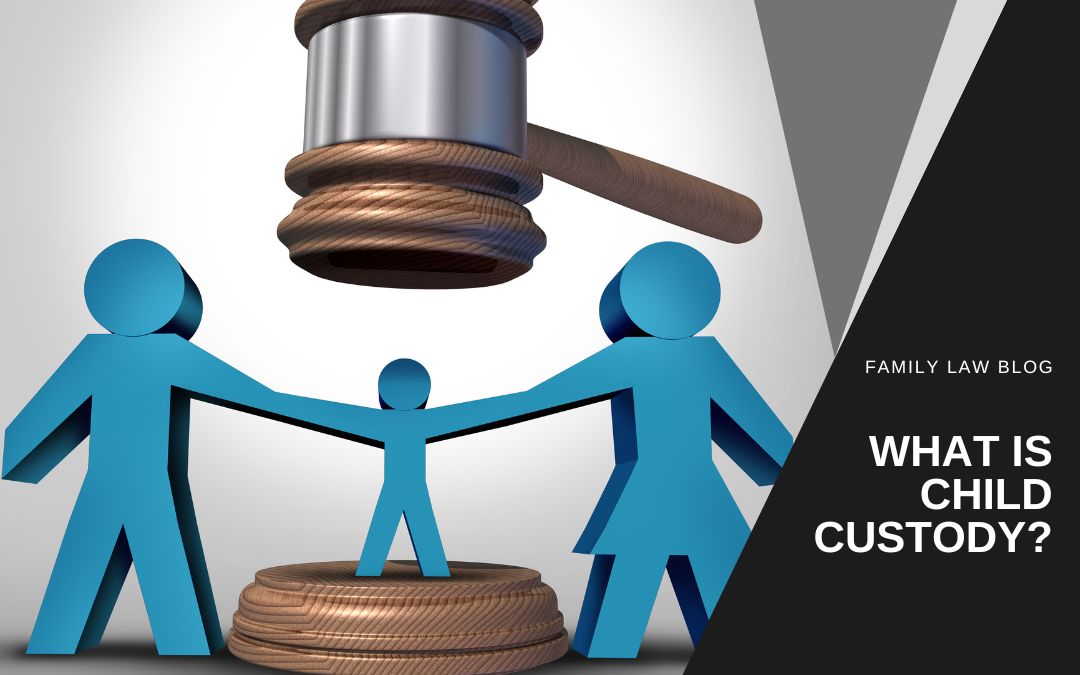Child custody is a legal term. It refers to the rights and responsibilities assigned to parents for taking care of their children following divorce or separation. These laws also can vary from state to state.
The overall goal of child custody is to set the legal and physical custody of the child.
Legal and Physical Custody
Legal custody refers to who gets to make major decisions about the minor. Physical custody provides the parent the right to care for the child’s daily needs and allow the minor to live with them.
These are not the same as placement, which refers to the actual time a child spends in a parent’s care.
Parents can determine child custody and visitation agreements if they can work together on a solution. Additionally, some parents may use child mediation to help them work through disagreements without going through a formal court proceeding.
Written Settlement Agreement
In both situations, the parties involved will typically get a written settlement agreement of their decisions. This documentation ensures that the terms are clear and allows the agreement to be enforced if difficulties or disagreements arise later.
However, if parents cannot reach a decision, the issue will go before a judge in family court. The judge will hear arguments from both parents and make decisions based on the child’s best interests.
Determining the final child custody orders takes time. Therefore, temporary orders may be issued until all aspects of the child custody arrangement can be resolved. The temporary orders are only in place until the final order is made.
The final order remains in place until:
- The child turns 18
- The child is legally declared independent from both parents
- A parent modifies the order or parenting plan
A parent can request a modification if circumstances have significantly changed since the original order was finalized. Most states allow modifications after a year has passed from the original order. A modification may be made when:
- A parent moves
- One party doesn’t follow the order
- The child’s or a parent’s situation has significantly changed

